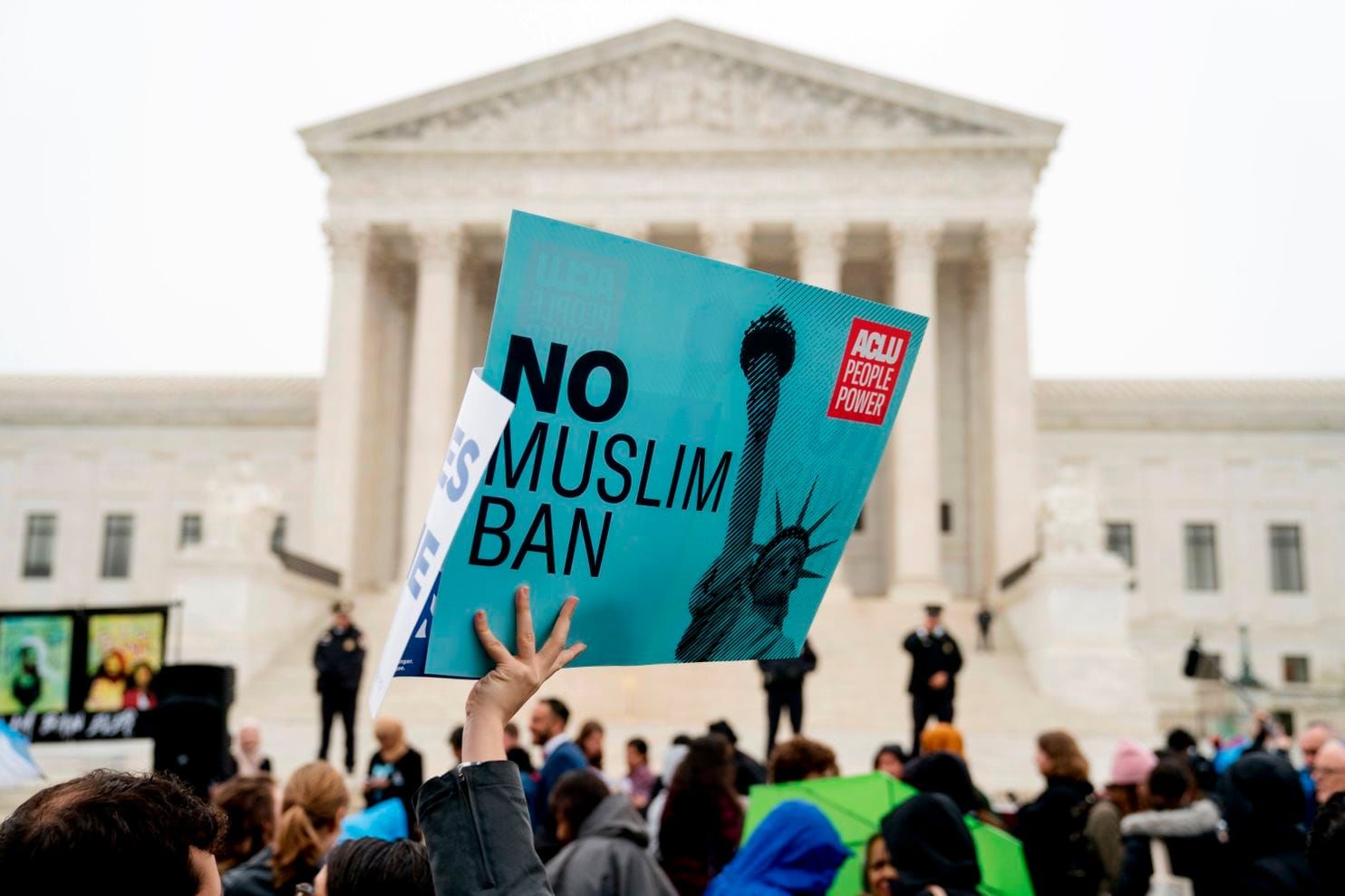
In this op ed for the Washington Post, scholars Kathleen Crowther and Peter Barker write about the “profound effect” of the #MuslimBan on the sciences:
“As of April, the number of Muslim refugees to the United States had plummeted by 91 percent, with a 26 percent drop in immigration and a 32 percent decline in temporary visa issuances from majority-Muslim countries…These restrictions have had profound ramifications for scientific communication and collaboration…
The numbers of international students enrolling at U.S. universities dropped by 7 percent in 2017, after reaching a record high in 2016. Postdoctoral scholars find it increasingly difficult to secure visas to work in U.S. laboratories. And the work of multinational scientific research teams has been disrupted in the wake of anti-Muslim and anti-immigrant legislation…
Nowhere are the global roots of scientific discovery more apparent than in the work of one of the most famous scientific heroes in the Western canon, Nicolaus Copernicus. In the 16th century, he became the first man since antiquity to propose that the sun, not Earth, was the (near) center of the cosmos and that Earth and all the other planets rotated around the sun… What is less well known is that Copernicus’s work would have been impossible without the contributions of astronomers and mathematicians in the Islamic world.…
The modern scientific order was built on international exchange — and if the United States continues to prohibit such collaboration, its role as a leader in science and medicine will be in serious jeopardy…
The science that descended from Copernicus — the origins of modern Western science — is the product of international, multilingual, multicultural exchange and collaboration, with a special debt to Muslims. Restrictions on such exchange will ultimately damage science. We did not get where we are on our own. We would not have got here at all without Muslim scientists. And we still need each other.”



